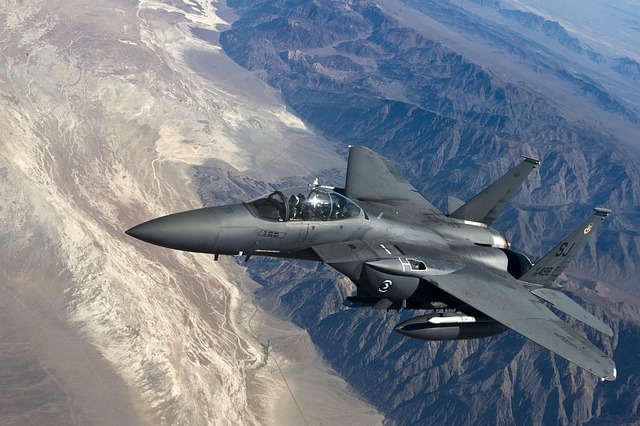
Romanian authorities have strongly criticized Moscow following an alleged unauthorized entry of a Russian unmanned aircraft into national airspace during weekend operations targeting Ukraine. The incident prompted an immediate military response from Bucharest, which deployed combat aircraft to intercept the intruding vehicle.
Saturday Evening Breach
Defense officials report the unmanned aerial vehicle crossed into Romanian territory at 6:05 PM local time on Saturday evening. The incursion occurred as part of broader Russian military operations against Ukrainian targets, highlighting how the ongoing conflict continues affecting neighboring nations.
This latest violation follows recent similar incidents affecting Poland, where military forces successfully neutralized Russian drones that had penetrated Polish airspace earlier in the week. These events have prompted North Atlantic Treaty Organization members to strengthen defensive measures along the alliance’s eastern boundaries.
Military Response and Interception Attempt
Romanian F-16 fighter aircraft conducting routine patrol missions in northern Dobruja region responded swiftly to the airspace breach. The intercepting pilots maintained visual and radar contact with the unmanned vehicle throughout much of its unauthorized flight path.
Military commanders authorized the F-16 crews to engage and destroy the intruding drone if necessary. However, after careful assessment of potential collateral damage risks, the pilots opted against opening fire on the target.
The foreign aircraft remained within Romanian airspace for approximately 50 minutes, circling over national territory before departing near Pardina town in northern Dobruja and returning toward Ukrainian airspace.
Official Condemnation and Diplomatic Fallout
Romania’s Defense Ministry issued a strongly worded statement denouncing what it characterized as reckless behavior by the Russian Federation. Officials emphasized that such actions constitute fresh threats to regional security and stability throughout the Black Sea area.
The ministry’s declaration highlighted Moscow’s apparent disregard for established international legal frameworks governing airspace sovereignty. They warned that these violations endanger Romanian civilian populations while undermining collective NATO security arrangements.
Defense Minister Ionut Mosteanu announced that Foreign Ministry officials summoned Russian Ambassador Vladimir Lipaev for formal discussions on Sunday regarding the incident. However, diplomatic efforts yielded little progress, with the Russian representative dismissing Romanian concerns.
According to Russian state media reports, Ambassador Lipaev characterized the airspace violation allegations as provocative actions orchestrated by Ukrainian authorities rather than acknowledging any Russian responsibility for the incident.
International Support and Reactions
European Union High Representative for Foreign Affairs and Security Policy Kaja Kallas condemned the Romanian airspace violation as another unacceptable breach of member state sovereignty. Her statement emphasized continued escalatory Russian behavior that threatens broader regional security.
Kallas expressed solidarity with Romania through social media platforms, confirming ongoing communication with Romanian government representatives regarding appropriate response measures. The EU official characterized the incident as part of Moscow’s pattern of reckless military conduct.
Ukrainian President Volodymyr Zelensky acknowledged the Romanian military response through social media, confirming that combat aircraft were scrambled due to Russian drone activity. According to his statement, the unmanned vehicle penetrated approximately 10 kilometers into Romanian territory.
Zelensky utilized the incident to renew calls for enhanced international sanctions against Russia and strengthened collective defense mechanisms. He urged international partners to act decisively rather than waiting for more serious escalatory incidents involving multiple weapons systems.
Regional Security Implications
The airspace violation represents the latest in a series of incidents demonstrating how the Ukraine conflict increasingly affects neighboring NATO member states. These events underscore growing security challenges along the alliance’s eastern frontier as military operations intensify.
Defense analysts note that such incidents create potential for miscalculation and accidental escalation between Russian forces and NATO member militaries. The successful interception without engagement demonstrates both professional military restraint and the challenges of managing cross-border incidents during active conflicts.
Romanian officials have not indicated whether they plan additional defensive measures in response to this violation, though the incident likely will influence future security discussions within NATO frameworks regarding eastern flank protection strategies and rules of engagement for similar situations.



